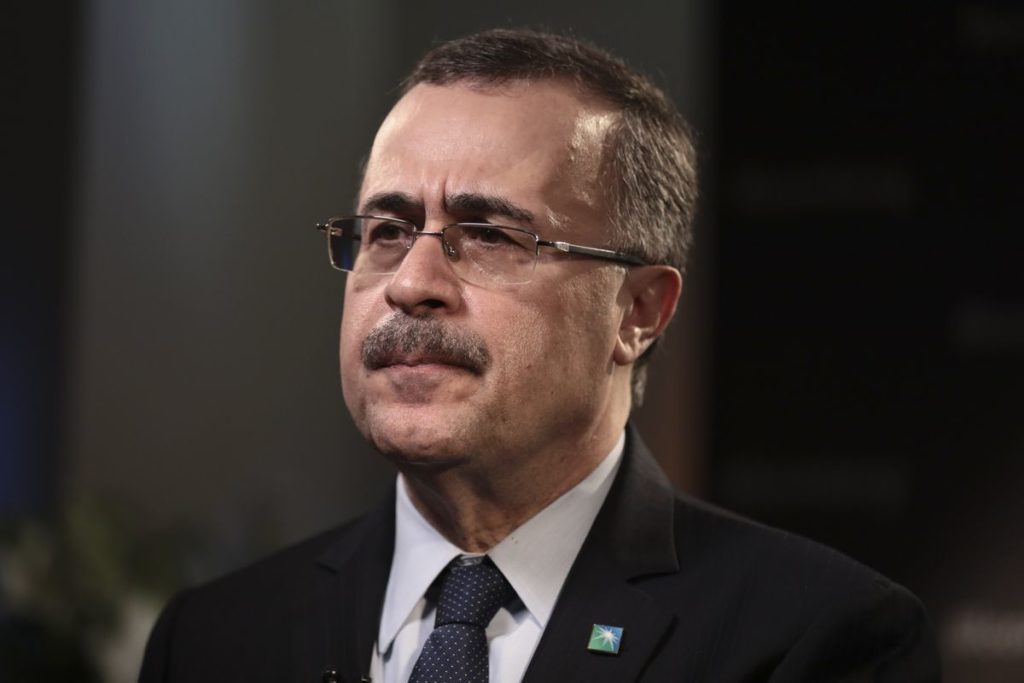
Oil’s rebound from its biggest crash in a generation faltered after Saudi Arabia said it would boost its production capacity, while there were also doubts whether the U.S. could deliver sufficient stimulus to support prices.
Brent crude fell 1% in London after being up almost 7% earlier.
Saudi Aramco said Wednesday it was making maximum efforts to boost its oil production capacity to 13 billion a day from 12 million after pledging to supply a record 12.3 million barrels a day next month in a massive increase.
In the U.S., President Donald Trump pitched a payroll tax holiday and relief for the travel and hospitality sectors to combat the virus’s impact, while some Republican senators suggested a bailout for the shale industry.
The Trump administration’s willingness to revive the economy comes after the disintegration of OPEC+ and subsequent plunge in oil prices threatened the U.S. shale industry and spurred an indiscriminate sell-off in markets already reeling from the coronavirus.
However, investor hopes were tempered when the president didn’t appear at a White House briefing Tuesday after promising a day earlier he’d hold a news conference to announce major stimulus.
“The market rally based on Trump’s economic stimulus alone is unlikely to be sustainable” given the amount of crude that will soon be hitting the market, said Howie Lee, an economist at Oversea-Chinese Banking Corp.
“Any meaningful rebound will either come from coronavirus fears fading away, or Saudi Arabia and Russia returning to the negotiating table.”
Brent crude for May settlement fell 1% to $36.84 a barrel on the London-based ICE Futures Europe exchange as of 7:23 a.m. in London after being up as much as 6.7% earlier. It jumped 8.3% Tuesday following a 24% plunge the day before.
West Texas Intermediate crude for April delivery dropped 1.6% to $33.80 a barrel on the New York Mercantile Exchange after swinging between a gain of 5.8% and a loss of 2.4%. It rallied 10.4% in the previous session after collapsing by almost 25% on Monday.